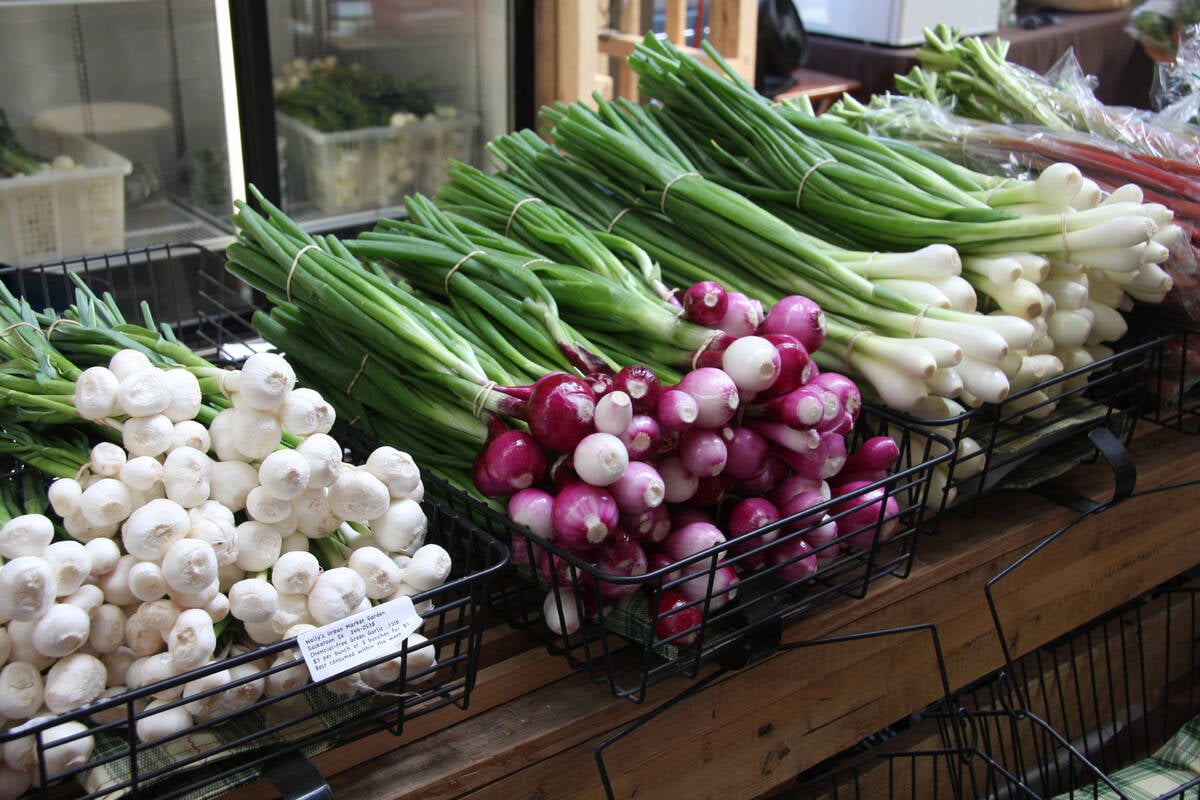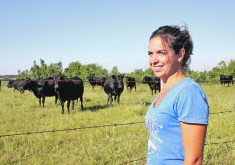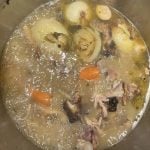Researcher says fostering direct, personal links among producers and consumers can help develop comfort and trust
Why do some people embrace misinformation and conspiracy theories about farming and food production and others do not?
A team of American and Canadian researchers dug into this question by looking at 170 studies involving more than 158,000 participants.
Their meta-analysis found that people vulnerable to misinformation and conspiracy theories share three traits. They tend to make decisions with the heart rather than the head; they see the world as a dangerous place; and they feel a need to maintain a superior image of themselves and their peer group. The researchers’ findings were recently published in the Psychological Bulletin of the American Psychological Association.
Read Also

Starting a small business comes with legal considerations
This article sets out some of the legal considerations to start a business to sell home-grown product, such as vegetables, herbs, fruit or honey.
The work offers insights for the agriculture industry, says Gordon Pennycook, who was involved with the meta-analysis. A psychologist and behavioural science researcher with Cornell University in New York and an adjunct professor with the University of Regina, he studies misinformation, fake news and their effects on decision making.
He says reliance on intuition rather than critical thinking is at the core of many societal divisions.
“A lot of times people don’t engage in that additional process to question whether their intuitions are wrong, and that is what drives a lot of beliefs and conspiracies, misinformation, fake news,” Pennycook says. “That deliberation process is what is missing.”
Lack of critical thinking is especially problematic when it converges with the second factor, being defensive and needing to feel superior. Overconfidence makes people more likely to overestimate their abilities and their understanding of issues, says Pennycook.
“People who are the most incompetent are the least able to recognize that they are incompetent. The people who have the least reason for confidence tend to be the most overconfident.”
They are also more likely to overestimate the number of other people who agree with them, research shows. Previous studies indicate conspiracy theorists believe their views are shared by about 60 percent of other people but the real number is closer to eight or 10 percent, says Pennycook. This explains why people believe in one conspiracy theory but not another.
For example, a farmer might believe climate change is a marketing scheme but not understand why some consumers think genetically modified seeds are dangerous. In this case, the farmer is an expert in food production but cannot recognize or admit lack of expertise in climate science.
Self-awareness is an important aspect of critical thinking, says Pennycook.
“People who understand something really well have a good sense of where they might have faults. Once you get really expert knowledge on any topic, you realize it’s much more complicated than you thought.”
Viewing the world as dangerous is also critical to forming and holding a conspiracy mindset, he says, since distrust is the foundation of most conspiracy theories. People in this category feel powerless over their circumstances.
Combined with today’s easy ways to find and share misinformation through the internet, conspiracy theorists and theories can proliferate.
“If you are lacking trust or … disenfranchised in some sort of way, then those things are going to be more appealing to you,” says Pennycook.
He says conspiracy theories should be treated with empathy because they are often the result of misinformation and failures in education and outreach.
“It’s not as nefarious as you might think it is. It’s mostly a misunderstanding.”
Accurate information can change people’s views, and agricultural practices are one example, he added.
Clinton Monchuk, executive director of Farm and Food Care Saskatchewan, agrees. He has witnessed many critical food consumers change their minds about farming practices when they see things for themselves.
“The 100 percent best way that we’ve ever had engagement is to actually have a farm tour,” says Monchuk, who farms near Lanigan, Sask. “Farm tours, in my mind, they’re gold.”
Farm and Food Care Saskatchewan tours non-ag audiences through Saskatchewan farms each year, aiming to create more direct links between consumers and farms. Its data suggests that participants’ level of knowledge and comfort in Canadian food increases after each tour.
Monchuk recalls one incident in particular when he toured a woman who was vegan for ethical reasons through the Pound-Maker feedlot in Lanigan. After the tour, she thanked him, saying she had been scared to see the plant.
“She said, ‘I realized that your idea of animal welfare and my idea of animal welfare are actually parallel. You treat those animals very well.’”
Monchuk says that if he had unlimited funds, he would take every Canadian onto a farm. Instead, he focuses on smaller steps to build trust with consumers. He has a live video feed of his layer barn on his phone, which he shows to people who have questions about on-farm practices.
Efforts like this can go a long way, Pennycook says, especially when they are consistent.
“Simply repeating something increases how much people believe it,” he says, and this is true for both factual and false information.
“The same thing that leads someone down the path to conspiracies can be used to bring them out of it.”
He says everyone should be mindful of gaps in their own critical thinking before they criticize others.
“People in agriculture should appreciate what it means to be an expert in something. And then that should help us reflect back on the topics that we don’t know about, and maybe just hold off on having opinions about it.”















